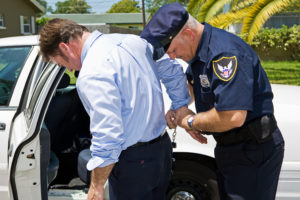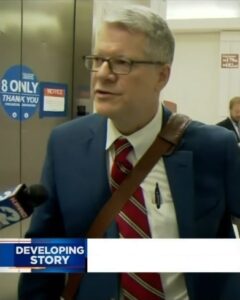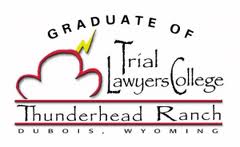Houston Bribery Defense Attorney

People find themselves in trouble with the law every day. The average person has probably not even read the law that he or she is alleged to have broken. Although it is highly unlikely that the average person would try to offer a bribe to a public servant, public official or even voter, it could happen. For your benefit, the Texas law on Bribery is published below.
If it did happen, the charge would be a serious felony and it would look really bad on a person’s record. The best advice is to learn the law and just not break it. If a person cannot do that, then he or she should expect at some point in their life’s journey to need the representation of a criminal defense lawyer. If you need a Texas criminal defense attorney, contact Attorney James Sullivan at (281) 546-6428 for a confidential consultation.
James Sullivan graduated from Baylor University in 1990 with a degree in Journalism, the ideal degree for investigating, discovering and telling winning stories in court. In 1993, Sullivan graduated from South Texas College of Law, which is nationally recognized as the top law school for trial advocacy.
James Sullivan later graduated from Gerry Spence’s Trial Lawyers College in Wyoming. Founded in 1994, it is the most selective and prestigious trial advocacy program in America. The methods taught at TLC are not taught anywhere else. The 1150 graduates form an extremely unique community of the most accomplished trial lawyers in the United States. Sullivan has a proven record of defending people from all walks of life, faiths and countries in courts throughout Texas.
Sec. 36.02. BRIBERY. (a) A person commits an offense if he intentionally or knowingly offers, confers, or agrees to confer on another, or solicits, accepts, or agrees to accept from another:
(1) any benefit as consideration for the recipient’s decision, opinion, recommendation, vote, or other exercise of discretion as a public servant, party official, or voter;
(2) any benefit as consideration for the recipient’s decision, vote, recommendation, or other exercise of official discretion in a judicial or administrative proceeding;
(3) any benefit as consideration for a violation of a duty imposed by law on a public servant or party official; or
(4) any benefit that is a political contribution as defined by Title 15, Election Code, or that is an expenditure made and reported in accordance with Chapter 305, Government Code, if the benefit was offered, conferred, solicited, accepted, or agreed to pursuant to an express agreement to take or withhold a specific exercise of official discretion if such exercise of official discretion would not have been taken or withheld but for the benefit; notwithstanding any rule of evidence or jury instruction allowing factual inferences in the absence of certain evidence, direct evidence of the express agreement shall be required in any prosecution under this subdivision.
(b) It is no defense to prosecution under this section that a person whom the actor sought to influence was not qualified to act in the desired way whether because he had not yet assumed office or he lacked jurisdiction or for any other reason.
(c) It is no defense to prosecution under this section that the benefit is not offered or conferred or that the benefit is not solicited or accepted until after:
(1) the decision, opinion, recommendation, vote, or other exercise of discretion has occurred; or
(2) the public servant ceases to be a public servant.
(d) It is an exception to the application of Subdivisions (1), (2), and (3) of Subsection (a) that the benefit is a political contribution as defined by Title 15, Election Code, or an expenditure made and reported in accordance with Chapter 305, Government Code.
(e) An offense under this section is a felony of the second degree.
 People find themselves in trouble with the law every day. The average person has probably not even read the law that he or she is alleged to have broken. Although it is highly unlikely that the average person would try to offer a bribe to a public servant, public official or even voter, it could happen. For your benefit, the Texas law on Bribery is published below.
People find themselves in trouble with the law every day. The average person has probably not even read the law that he or she is alleged to have broken. Although it is highly unlikely that the average person would try to offer a bribe to a public servant, public official or even voter, it could happen. For your benefit, the Texas law on Bribery is published below.
